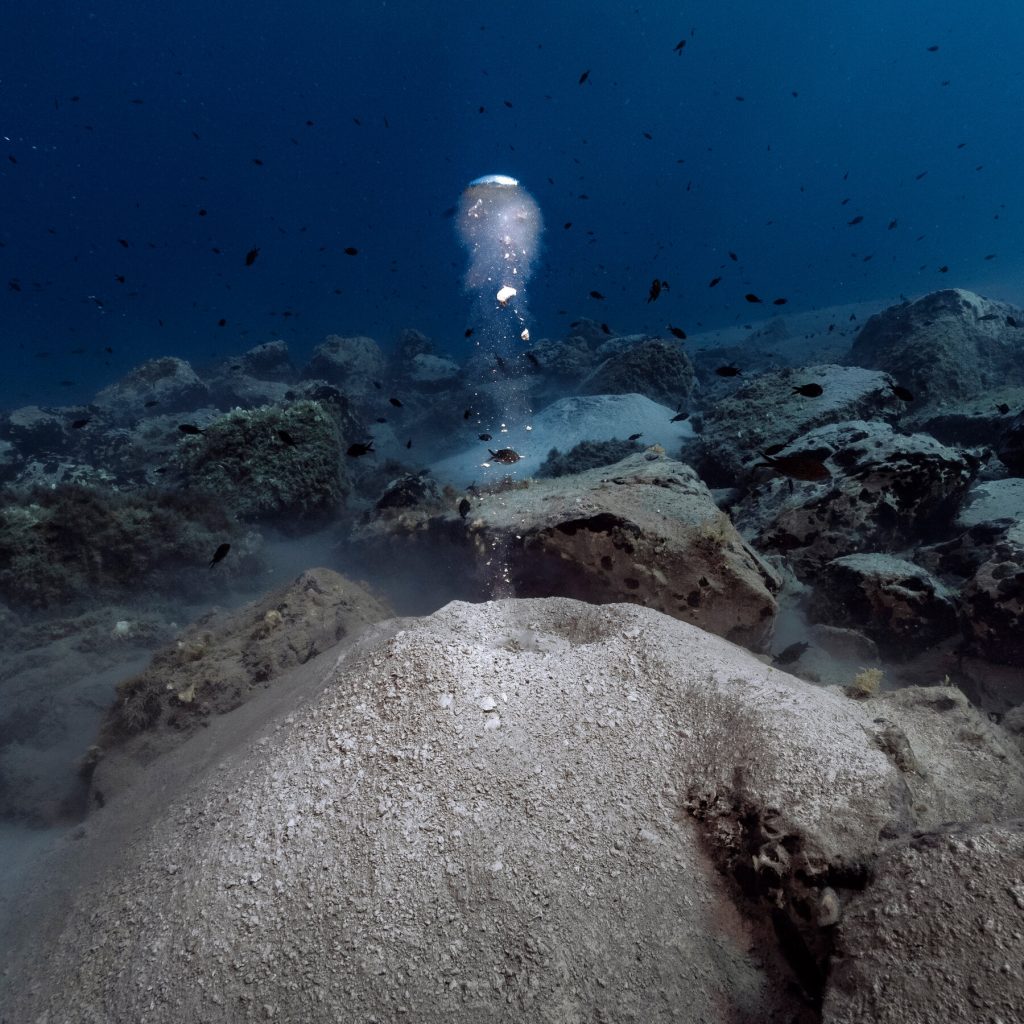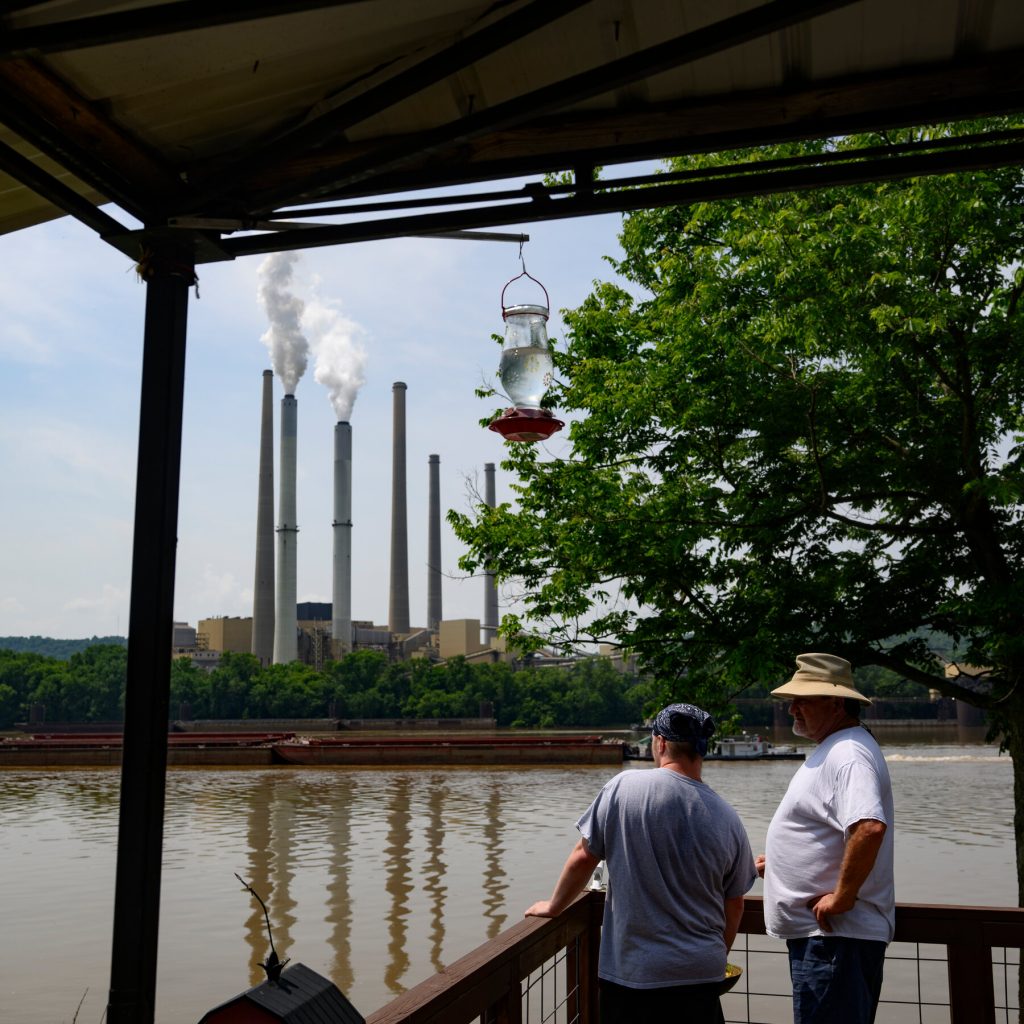Undersea Bacteria Feast on Methane: Can They Help Cool the Planet?

In the depths of the ocean, a fascinating phenomenon has been observed. Undersea bacteria have been found to thrive on methane bubbles emanating from the seafloor. These microorganisms play a crucial role in the marine ecosystem, and scientists are now exploring the possibility of harnessing their appetite for methane to combat climate change.
Methane is a potent greenhouse gas, with a global warming potential 28 times higher than carbon dioxide over a 100-year time frame. It is released from various natural sources, including underwater geological formations, where it seeps out of the ocean floor in bubbles. This is where the undersea bacteria come in – they feed on these methane bubbles, converting them into carbon dioxide and water.
Researchers have discovered that these bacteria are incredibly efficient at consuming methane, with some species able to degrade up to 90% of the methane they encounter. This has sparked interest in using these microorganisms to mitigate climate change by reducing methane emissions.
One potential approach is to cultivate these bacteria in areas where methane is being released, allowing them to naturally break down the gas before it reaches the atmosphere. This could be achieved through the creation of artificial habitats or by enhancing the growth of these bacteria in existing ecosystems.
While this concept shows promise, scientists acknowledge that there are still many challenges to overcome. For instance, it is essential to understand the complex interactions between these bacteria, the marine ecosystem, and the methane emissions. Additionally, large-scale implementation would require significant resources and infrastructure.
Despite these challenges, the discovery of these methane-hungry bacteria offers a glimmer of hope in the fight against climate change. By exploring innovative solutions like this, researchers may uncover new ways to harness the power of nature to cool the planet. As scientists continue to study these microorganisms, they may unlock a vital tool in the quest to mitigate the impacts of climate change.






